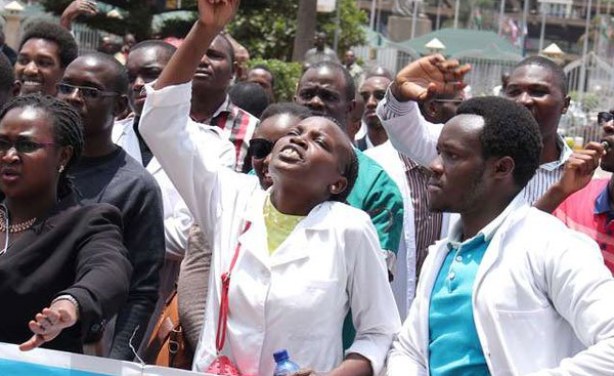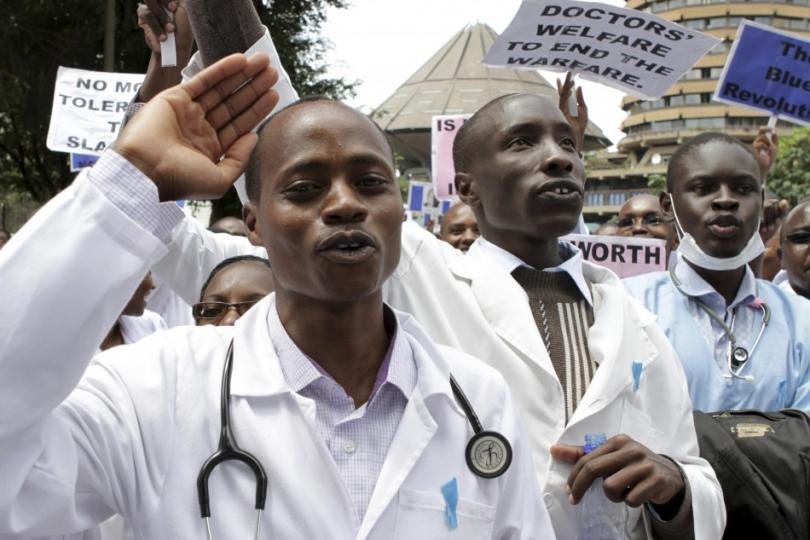We all know that microbes spread at breakneck speeds. But if we are in a hospital and do not take the necessary precautions the consequences can be worse than we imagine. There they inhabit all kinds of bacteria, to which less sympathetic.

According to a 2010 study in the journal Infection Control & Hospital Epidemiology, only 40% of physicians and clinicians meet the standard of handwashing regularly during their shift. “If I’m on a computer, using a telephone or opening a door, I know my hands are contaminated, so I have to be careful and wash myself,” says Dr. Mark Sklansky, who defines himself as germ phobia. hands”. Unfortunately for us, not all medical staff thinks like him.
Being aware that this fact may help spread the bacteria, he decided to perform a simple experiment at the David Geffen School of Medicine at the University of California, Los Angeles (UCLA): avoid shaking hands with patients to limit the spread of germs And reduce disease transmission.
For Sklansky, it is better to sin than rude or rude than to be unclean. “We are trying to do everything possible to minimize hospital infection, except for the most obvious and easiest thing to do in my opinion, which is to stop shaking hands.” Acquiring an infection in a hospital can be deadly and it is not the first time that sanitarians are held responsible for having their hands questionably clean.
Sklansky takes this idea in mind from an editorial published in 2014 in the Journal of the American Medical Association. By 2015, he decided to start with his experiments. For six months, he implemented the measure in a place where patients are especially vulnerable: the ICU of neonates. There, several posters reminded the medical staff that there are many ways to greet each other, but that they avoid handshakes. Although not measured at this time if the measure had an impact on the number of infections, the UCLA doctor says he is working on it to be able to answer this question.














